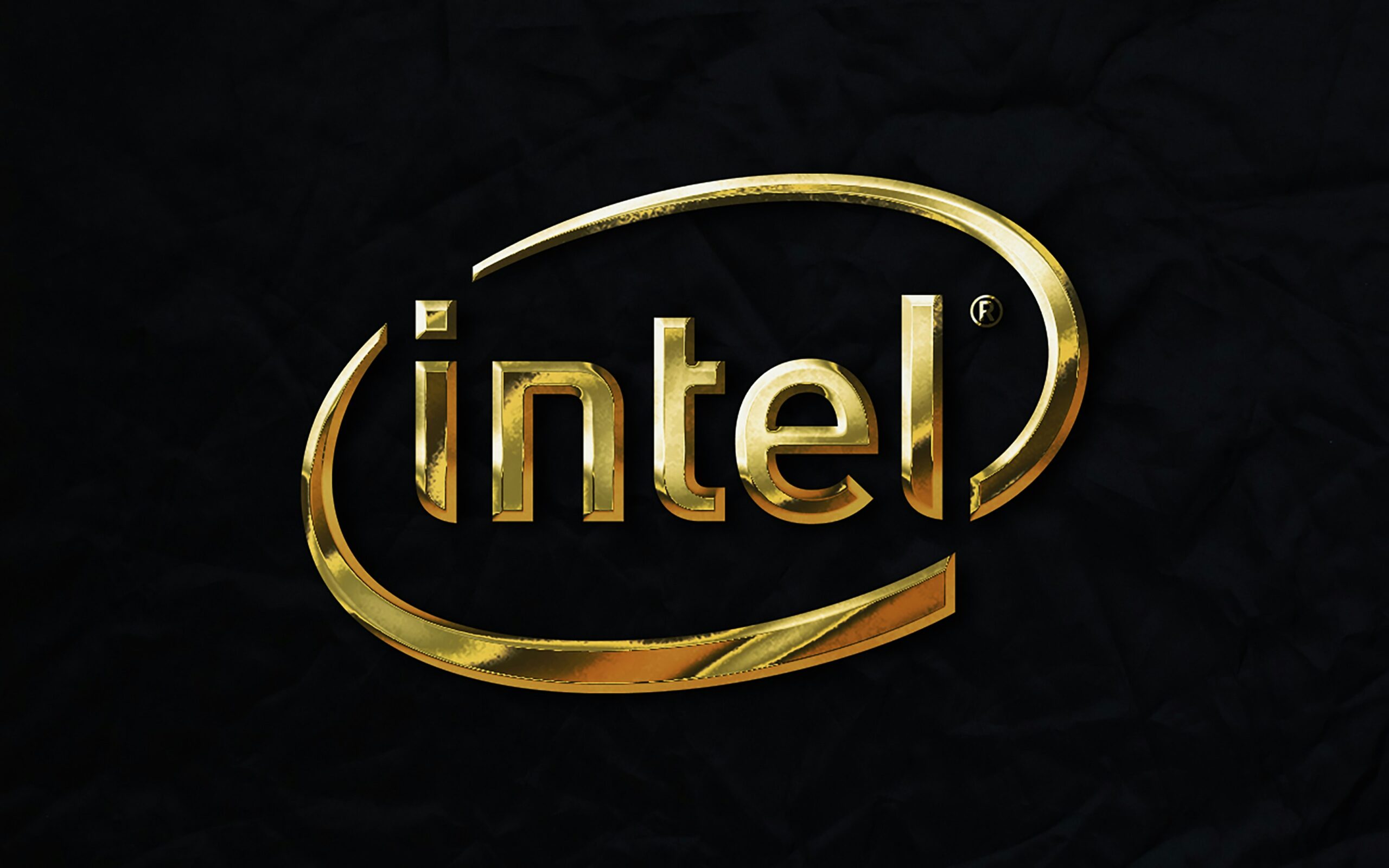The Trump Administration’s Signal Chat Leak: A Shocking Breach of National Security
In March 2025, a major breach occurred when the Trump administration’s national security team accidentally included Jeffrey Goldberg, the editor-in-chief of The Atlantic, in a confidential chat on Signal, a popular encrypted messaging app. This chat discussed imminent U.S. military plans to attack Yemen’s Houthi rebels.
What followed was an intense chain of events that raised serious questions about the handling of sensitive information by government officials and the security of digital communication platforms.
How the Leak Happened: A Mistaken Inclusion
The breach occurred on March 15, when Jeffrey Goldberg received a Signal message from high-ranking national security officials. The messages, detailing sensitive military plans, were sent just two hours before the U.S. launched airstrikes in Yemen.
Initially, Goldberg thought it was some kind of disinformation attempt—perhaps a deliberate effort to mislead the media. However, after verifying with the National Security Council, Goldberg confirmed that the messages were genuine.
He expressed his shock at the situation, stating:
“I could not believe that the national-security leadership of the United States would communicate on Signal about imminent war plans.”
It quickly became clear that Signal, while known for its encryption and privacy features, is not authorized for such high-level government communications. This raises concerns about how secure and carefully managed national security discussions are, especially in the digital age.
Why Was Signal Used?
Signal is widely recognized for its encryption and privacy features, and it’s become a go-to app for secure personal communications. However, it wasn’t designed for handling classified government operations. The fact that Signal was used to discuss highly sensitive military action raises serious questions about the level of oversight and security in place within the Trump administration at the time.
Official channels, with far more rigorous security measures, are designed for such sensitive matters. Using a commercial app meant for public use shows a serious lapse in judgment and protocol.
Could This Have Been Prevented?
This breach didn’t just expose flaws in communication security—it also highlighted the lack of preparedness and oversight in dealing with national security information in the digital age. If the chat had been confined to secure, authorized communication platforms, the leak might never have happened.
It also raises a crucial question: how much reliance should governments place on consumer-grade platforms for critical communication?
The Fallout: What This Means for National Security
Goldberg’s accidental inclusion in the chat had significant implications. Beyond the immediate leak, it exposed the vulnerabilities that come with using unsecured platforms for discussing military and other sensitive topics.
This breach serves as a wake-up call for governments worldwide to reassess how they manage and transmit critical information. The use of unauthorized channels can lead to massive consequences, including loss of operational secrecy, diplomatic fallout, and in some cases, even the endangerment of lives.
What Does This Mean for Transparency?
While the leak is concerning, it also touches on broader debates about government transparency. Should journalists have access to such information, even if it compromises national security? This is a question that will likely stir much debate in the coming months, especially as governments increasingly face calls for greater accountability.
Goldberg himself admitted that he had never seen a breach like this before, calling it a rare and unsettling situation. However, it does raise questions about how often similar breaches may occur—and whether we are even aware of them.
The Role of the Media in National Security
The involvement of Jeffrey Goldberg, an editor at The Atlantic, in receiving these war plans also highlights the fine line between public interest and national security. While the media has an important role in holding governments accountable, should journalists be exposed to such sensitive information?
Goldberg’s experience underscores the need for better controls and more transparency regarding how and when the media is given access to government information. With national security at stake, finding the right balance is crucial.
Conclusion: A Wake-Up Call for Better Security
This accidental leak involving the Trump administration and the use of Signal as a communication tool is a huge reminder of the importance of securing sensitive national security information. It exposes significant gaps in security and highlights the need for more careful management of classified communications.
As technology continues to advance, so too must the systems in place to ensure the safety and confidentiality of national security matters. A failure to do so not only jeopardizes military operations but also threatens the trust between the government and the public it serves.
For further insight into this breach and related issues of public disclosure, check out these articles:





